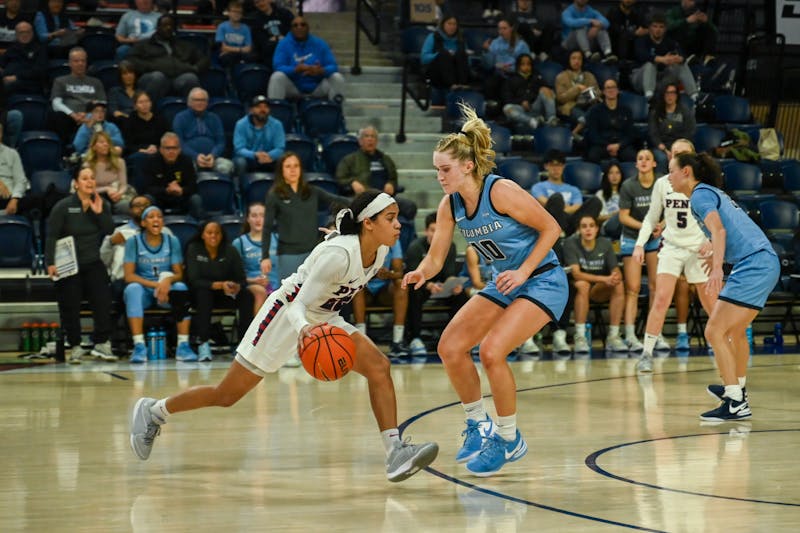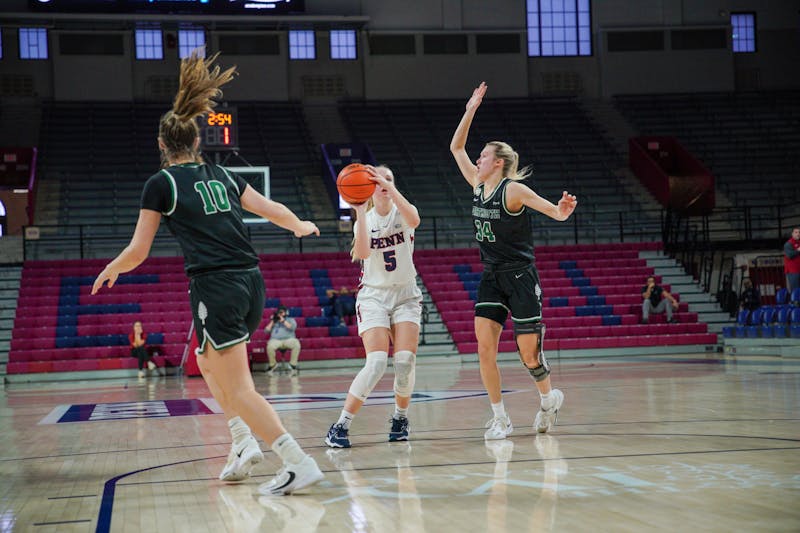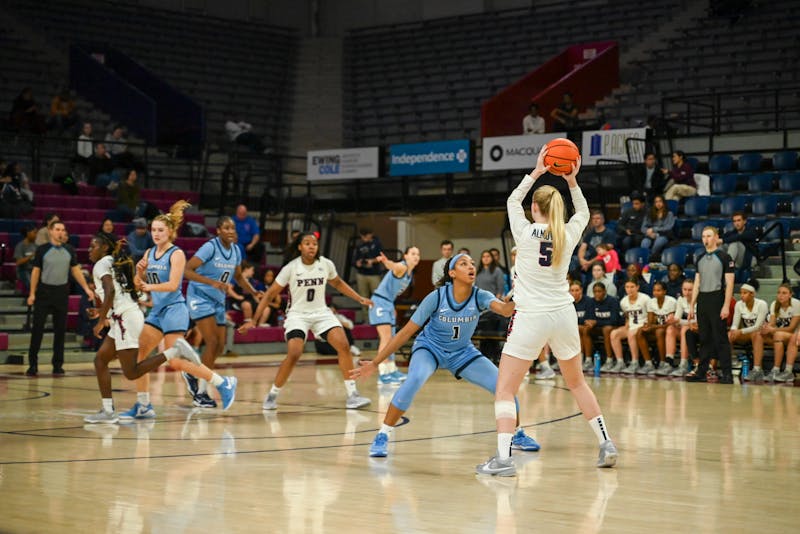
Philadelphia Mayor and 2016 Fels Institute of Government graduate Cherelle Parker introduced her new $6.7 billion “One Philly 2.0 Budget” for the 2026 fiscal year.
The main focuses of the plan are Parker’s housing plan, business tax cuts, and expanding public safety facilities. The budget will go into effect on July 1.
Parker reconstructed these fiscal areas in light of the national orders that have started to take effect, cutting funding from resources that many Philadelphia residents rely on.
“People don’t know what to expect from their government, and uncertainty can breed fear. I want the people of Philadelphia and our city employees to hear me: "Your city is here to keep you safe and to safeguard your basic rights," Parker told The Philadelphia Inquirer.
Her first initiative is a housing plan, Housing Opportunities Made Easy or H.O.M.E., which sees that $11 million be put towards it this year with another request for $800 million in bonds to be divided over the course of 5 years to keep the program running. This program will help Parker either create or restore over 30,000 home units within Philadelphia.
She also wants to look more into heavily reducing the Business Income and Receipts Tax and wage tax that is negatively impacting local business growth. Parker aims for the wage tax to be decreased from 3.75% to 3.7% and nonresident wage taxes to go down from 3.44% to 3.39% by the year 2030, with an immediate effect after the adoption of the budget for the wage tax for residents to 3.74%.
This is the first time in a little under two decades that a Philadelphia mayor has proposed to reduce the wage and receipt tax at the same time.
Parker’s P.I.E. model, Prevention, Intervention, and Enforcement, was introduced last year and is the founding reason why she’s pushing for a remodeled seat measure that looks more into community policing and building.
An example of this plan includes the Neighborhood Wellness Court, which will implement a fast-track diversion for people arrested on drug-related offenses. Additionally, Parker declared that she’s looking into expanding the funding for body and dash cameras that public safety personnel and vehicles should have on and access to at all times.
The budget sets aside $67 million for a new forensics lab that will be constructed starting in 2026 on 4101 Market St. and end in 2030. The final program includes an investment into the arts and beautification of streets — $2.4 million in a span of three years — to help “redirect graffiti artists’ energy” to display their art in a way that the city can embrace.
This budget proposal is a slight increase from last year's $6.3 billion budget.
Parker stated during the address that her administration is never satisfied and understands this is just the beginning of the work that needs to be done to create a more unified city.
“Nothing about our vision, goals and objectives have changed," Parker said in the address. "We remain laser-focused on our mission to deliver a government that people can see, touch, and feel."
The Daily Pennsylvanian is an independent, student-run newspaper. Please consider making a donation to support the coverage that shapes the University. Your generosity ensures a future of strong journalism at Penn.
Donate










